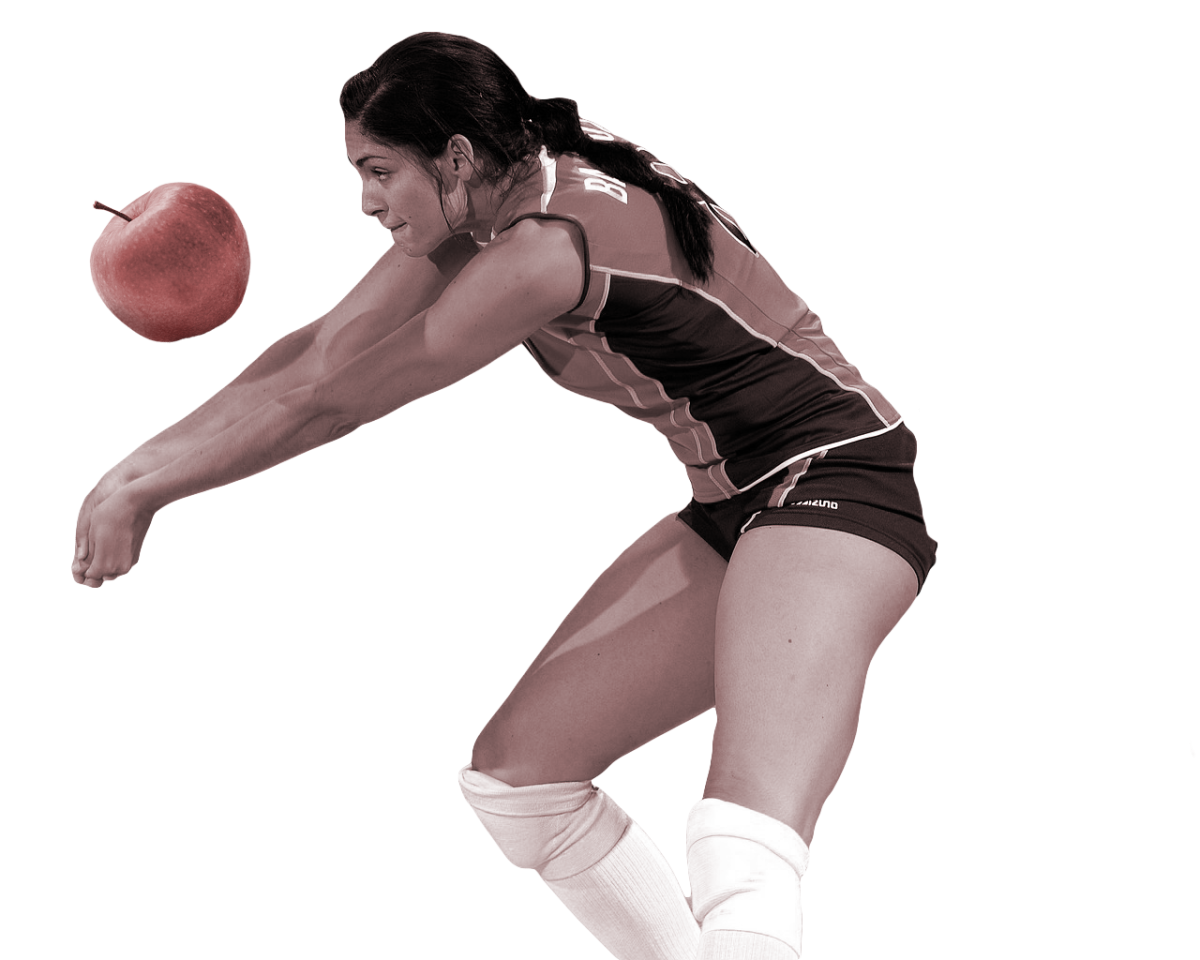By Daniel Daudelin, contributing writer
Commons are the bane of many a college student’s existence. Everyone has seen the look of pity on a friend’s face when you say you have a common the next day. “I’m sorry man,” that look says, “glad I’m not in your shoes!” Upperclassmen sigh with relief when the word “common” is mentioned and reminisce about how horrible they were. However, these exams do not have to be a tragic mess. Below are some tips that can help students feel better about taking their commons and, more importantly, achieve that elusive high score.
Do the majority of your studying two nights before the exam. Instead of staying up all night the night before the exam, get a good night’s rest. Scientists recommend at least 8 hours of sleep before an exam. While this isn’t practical for most college students, getting more sleep than a half hour nap can significantly boost your performance and mood. In addition, studying two nights before the exam leaves room for extra studying if you find that one night just isn’t enough to memorize those formulas.
Ask your professor questions about anything you are not sure of. Professors want their students to get good grades. If you are unclear about how to do any problem, either send your professor an email or talk to them in person. Make sure you get a detailed description of how the problem is done so that you can completely understand what’s going on. Don’t just pretend to understand. If you don’t understand a concept before the exam, there’s a high probability you won’t during exam.
This one may sound silly, but dress in layers before going to the exam room. Many exam rooms are kept at high temperatures (such as the notorious Cullimore lecture halls). The brain simply doesn’t work as well if you are uncomfortable with the temperature. Wear that t-shirt underneath the jacket as a precaution against high temperatures.
Eat before a common. And don’t sit at a two seater. If you see friends, eat with them. Eating and talking with others about something other than your exam relieves stress and makes you feel better walking into the exam room.
Do not panic if you do not know how to do the first question. If you’re wondering whether or not you’re having a bad dream when you see it, skip it. Go to a problem you know how to do. Chances are, you’ll remember as time goes on what you’re supposed to do. Don’t waste precious time tearing your hair out at the beginning.
Practice with problems from the textbook. Old exams are great for studying, but we all know that even when we’ve studied every exam we can lay our hands on, the exam will have problems that are not even close to what we have studied. A lot of the time, these questions will be taken from problems in the book. Also, you can check your answers when you use questions from the book, something you can’t always do with old exam problems.
Bring all the knick knacks and turn that phone off. Extra batteries for your calculator, extra pencils, and an eraser.
While the above strategies won’t make you get an A on every exam, they can help. For your next common, go into the exam room knowing that you’ve done everything you can to get a high grade, and chances are you will.


































